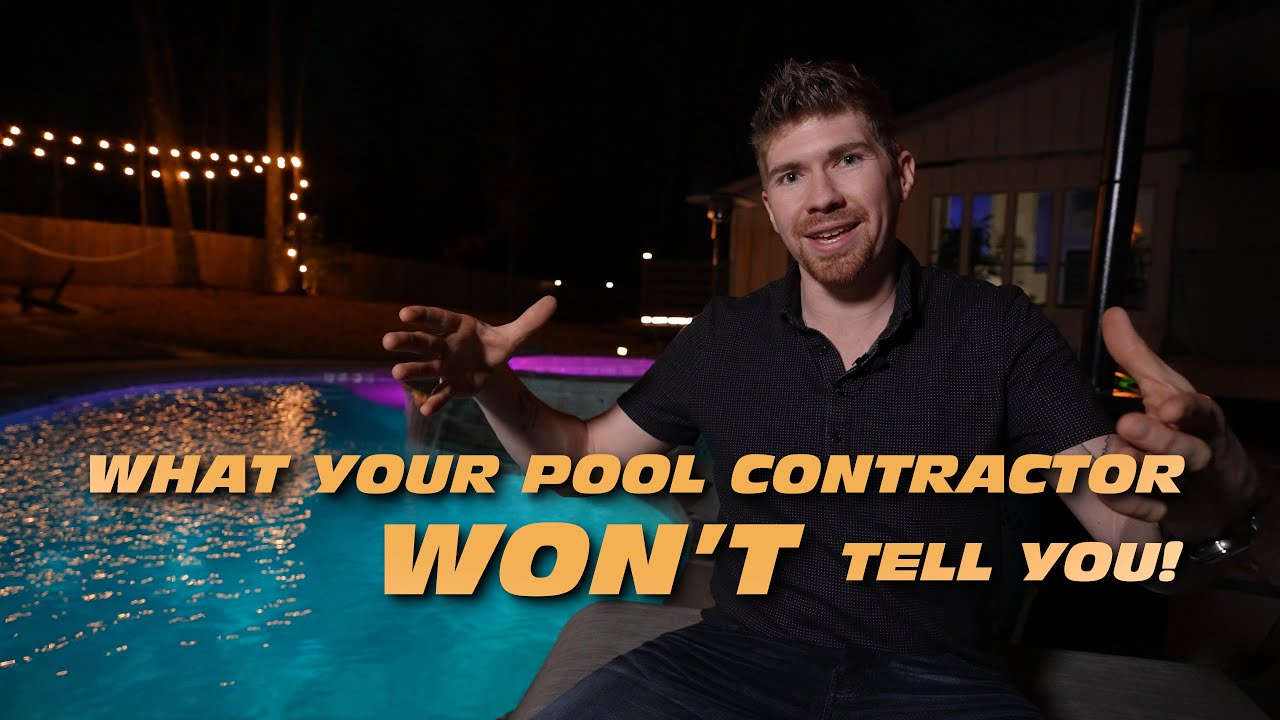The Cost of an Inground Pool in Rhode Island
Installing an inground pool in Rhode Island can be a significant investment, and it is crucial to have a clear understanding of the costs involved. The total cost of an inground pool can vary depending on several factors, including the size, shape, materials used, and additional expenses such as permits and inspections. By considering all these factors, you can make an informed decision regarding the affordability and worthiness of an inground pool in Rhode Island.
Factors Affecting the Price of an Inground Pool
Several key factors influence the overall price of an inground pool in Rhode Island. One of the most significant factors is the type of material chosen for pool construction. Other factors include the size and shape of the pool, the complexity of the installation process, and the specific features and accessories desired. Additionally, the location of the pool and the level of customization required will also impact the final cost.
Material Choices and their Impact on Costs
The choice of materials for an inground pool can have a substantial impact on the overall cost. Typically, there are three common options: concrete, fiberglass, and vinyl. Concrete pools tend to be the most expensive due to their durability and customization options. Fiberglass pools are often more affordable upfront, but may have limited customization. Vinyl pools are the least expensive but may require more maintenance and have a shorter lifespan. It is important to consider long-term costs and maintenance requirements when selecting the material for your inground pool.
Assessing the Size and Shape of Your Pool
The size and shape of your pool will directly affect the cost. Larger pools will require more excavation, more materials, and more labor, resulting in higher costs. Additionally, irregular shapes or custom designs will also increase the price due to the complexity of the construction process. Carefully assessing the size and shape of your desired pool and considering the associated costs can help you plan your budget accordingly.
Considerations for Pool Installation in Rhode Island
Rhode Island’s unique geographical and climatic conditions can impact the cost of pool installation. For instance, the presence of rocks or high water tables can increase excavation costs. The climate may also affect the selection of materials and additional features such as heating systems. It is essential to consult with experienced pool contractors who understand the specific challenges and requirements of installing a pool in Rhode Island.
Calculating the Excavation and Construction Costs
Excavation and construction costs are significant components of the overall pool installation expenses. Excavation costs can vary depending on the complexity of the site, existing landscaping, and the need for additional machinery or labor. Construction costs encompass various aspects such as pool walls, flooring, plumbing, and electrical work. It is essential to obtain detailed quotes from reputable pool contractors to accurately calculate these expenses.
Understanding the Costs of Pool Equipment and Accessories
Inground pools require various equipment and accessories for optimal functionality and enjoyment. These can include pumps, filters, heaters, lighting, and safety features such as fences or covers. The costs of these items can vary depending on their quality, features, and brand. It is crucial to consider the long-term costs and energy efficiency of the equipment to ensure it aligns with your budget and preferences.
Additional Expenses: Permits and Inspections
When installing an inground pool in Rhode Island, it is essential to consider the additional expenses associated with permits and inspections. Local building codes and regulations require permits for pool installation, and inspections may be necessary throughout the construction process. These costs can vary depending on the location and the complexity of the project. It is important to factor these expenses into your budget to ensure compliance with regulations.
Evaluating Maintenance and Operational Costs
Beyond the initial installation costs, it is vital to consider the ongoing maintenance and operational costs of an inground pool. These costs include water and chemical treatments, cleaning supplies, energy costs for running pool equipment, and potential repair and maintenance services. Proper maintenance is essential for the longevity and safety of the pool. Evaluating these costs ahead of time will help you determine the long-term affordability of owning an inground pool.
Comparing the Costs of Different Pool Contractors
The cost of an inground pool in Rhode Island can also be affected by the pool contractor you choose. It is crucial to obtain multiple quotes from reputable pool contractors and compare their prices, services, and expertise. Pay attention to their track record, customer reviews, and warranties offered. Price should not be the sole determining factor; consider the overall value and quality of the work provided by different contractors.
Financing Options for Inground Pool Installation
For those concerned about the upfront costs of an inground pool, various financing options are available. Some pool contractors offer in-house financing or partnerships with financial institutions. Home equity loans or lines of credit can also be utilized to finance the pool installation. Carefully assess the interest rates, terms, and repayment options to determine the best financing option for your circumstances.
Making an Informed Decision: Is an Inground Pool Worth the Cost?
Before investing in an inground pool in Rhode Island, it is crucial to consider all the costs involved. Assess your budget, lifestyle, and long-term plans. If you anticipate regular use of the pool and are willing to commit to its maintenance and operational costs, then an inground pool may be worth the investment. However, if the costs outweigh the benefits or do not align with your financial situation, there are alternative options such as above-ground pools or community pool memberships that can provide similar enjoyment at a lower expense.




